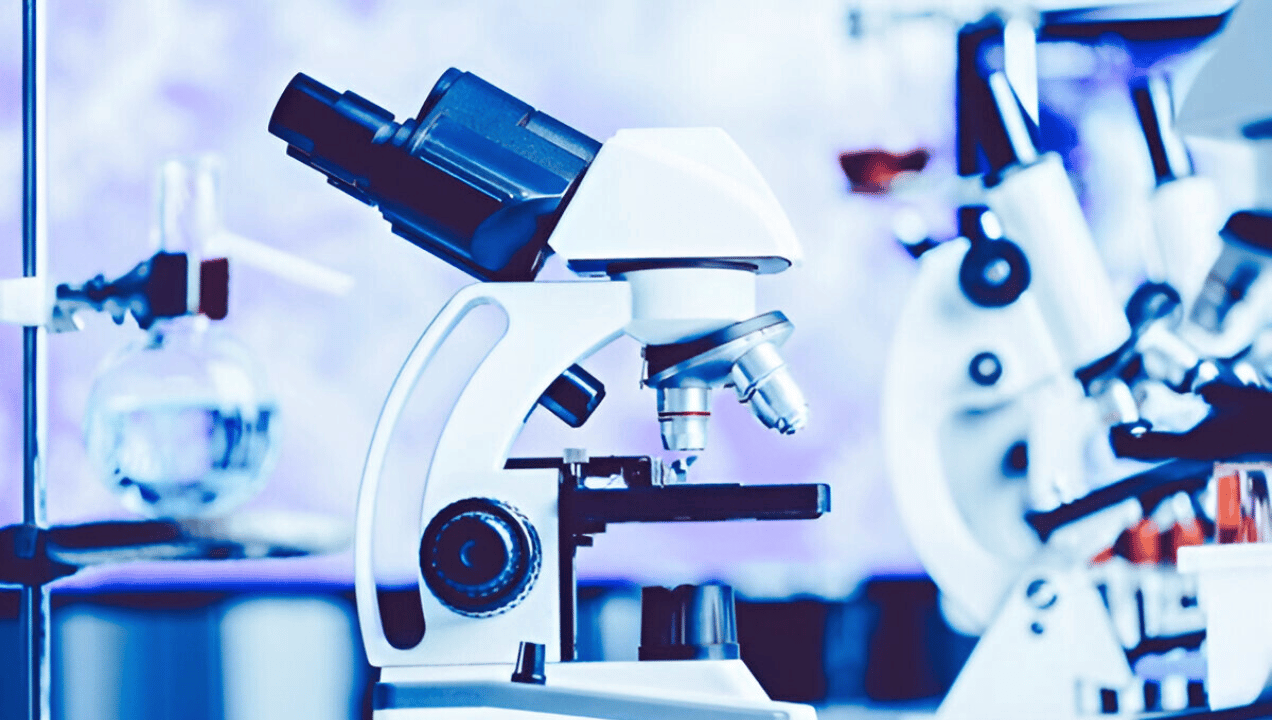When it comes to operating a laboratory, the choices of equipment are more than an issue of convenience or budget. Conformity with the standards of industry and safety regulations, as well as legal guidelines, should be the main consideration for every purchase. Inattention to this vital aspect could result in serious consequences that range from legal sanctions to compromises in research integrity.
Table of Contents
Maintaining Safety Via Adherence
One of the main reasons for compliance to guide the purchase of laboratory equipment is to ensure security. Laboratory equipment is contaminated with biological and chemical substances and instruments with high precision that could pose dangers if not properly controlled.
Equipment that meets the standards of compliance has been subjected to rigorous tests to ensure it is safe under the conditions expected. For instance, chemical storage cabinets and centrifuges need to be able to pass specific safety certifications that protect workers from injuries. The use of non-compliant equipment can be a good idea in the beginning, but it increases the likelihood of injuries or dangerous incidents.
Upholding Regulatory and Legal Standards
Laboratories must adhere to strict rules and regulations from both international and national authorities. Compliance with regulations assures that the laboratory is operating in compliance with the law and meets the standards of quality required for manufacturing, research or testing. Infractions to these standards could lead to penalties, legal actions or even shut downs. By prioritizing compliance in purchase choices, labs can protect themselves from legal problems and show their commitment to a responsible operation.
Keeping Research Quality and Data Integrity Safe
Equipment that is not compliant may not be able to meet the standards required to produce reproducible, accurate results. When it comes to labs conducting experiments, quality control tests or clinical trials reliability of the equipment is vital. The use of compliant equipment guarantees reliable performance, accurate measurements, and reliable data. This is crucial in industries that are regulated, such as food and pharmaceutical testing, where equipment that is not reliable could undermine research findings and harm the credibility of the laboratory.
In the long term, cost-effectiveness
Although lab equipment that is compliant may be more expensive upfront price, it is often more affordable in the long run. Equipment that is not compliant or of poor quality could fail more often which can result in expensive repairs, replacements or even downtime. In addition, any violation of the law can result in expensive penalties or even forced upgrades to equipment.
Installing equipment that is compliant with the safety and regulatory standards will help laboratories avoid these hidden costs and assures continuous, smooth operations. Manufacturers like GE offer a wide range of lab equipment that is compliant aiding organizations in making informed purchasing decisions based on the standards.
Audits and Inspections Made Simpler
Laboratories are often subject to inspections, audits or accreditation procedures. The use of equipment that is compliant eases these processes, since the instruments already conform to required guidelines. The auditors will be less inclined to spot problems with equipment, allowing the lab to concentrate on its core activities, not administrative corrections. A proper record of compliant purchases will also provide a transparent audit trail, which further enhances transparency in operations and accountability.
In favor of Ethical and Sustainable Practices
Compliance doesn’t just concern the legal and safety requirements; it also covers ethics or environmental guidelines. Many regulations outline guidelines to reduce pollution, reduce waste and making sure that energy efficiency is maintained. The purchase of lab equipment that is compliant will help meet sustainability goals and prove that a lab is committed to responsible science methods.
Conclusion
In today’s highly controlled scientific environment, compliance must be the primary focus of every purchase of equipment for labs. Making sure that safety, legal compliance to data integrity, legal compliance, and efficiency in costs ensures that labs function smoothly and with integrity. Through investing in equipment that is compliant laboratories not only safeguard their personnel and their research, but also ensure their reputation and ensure long-term performance.




